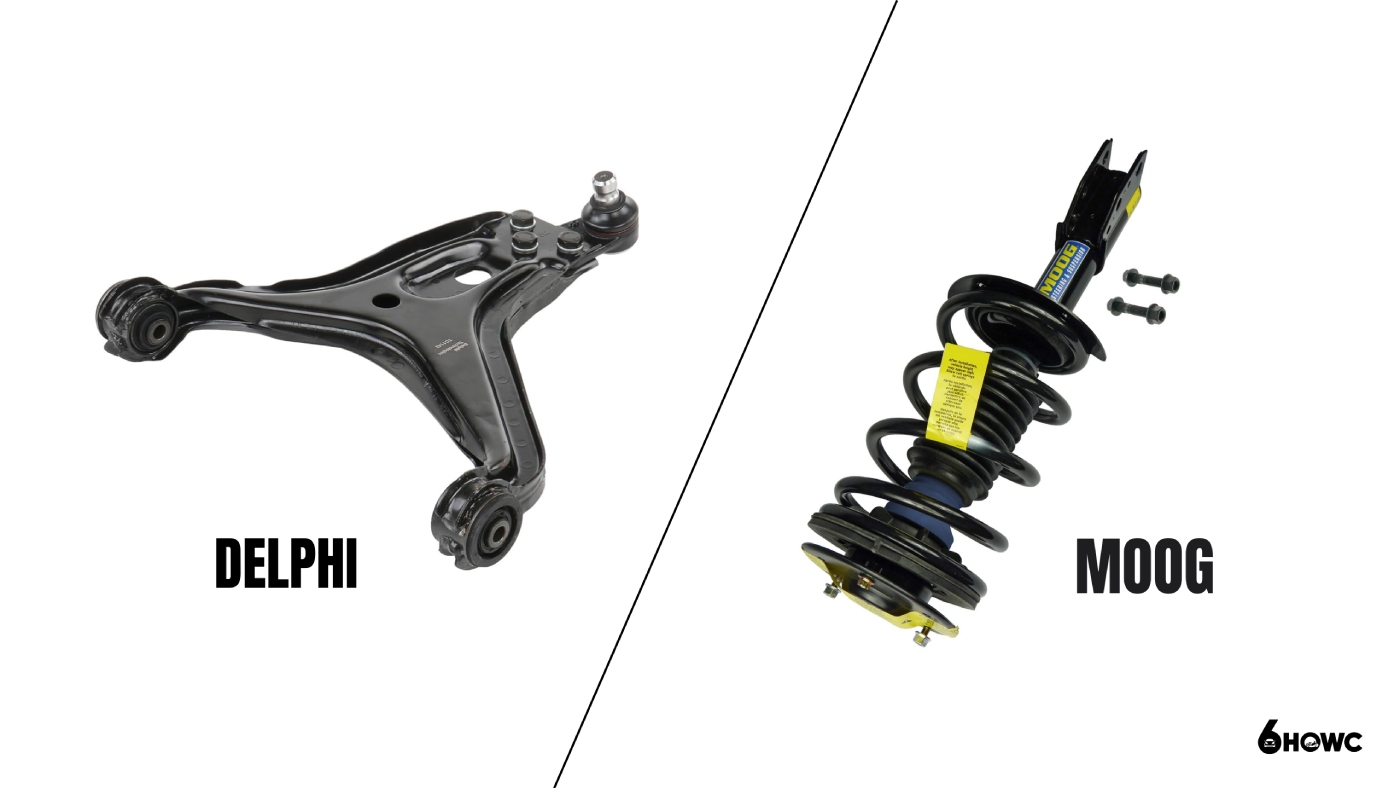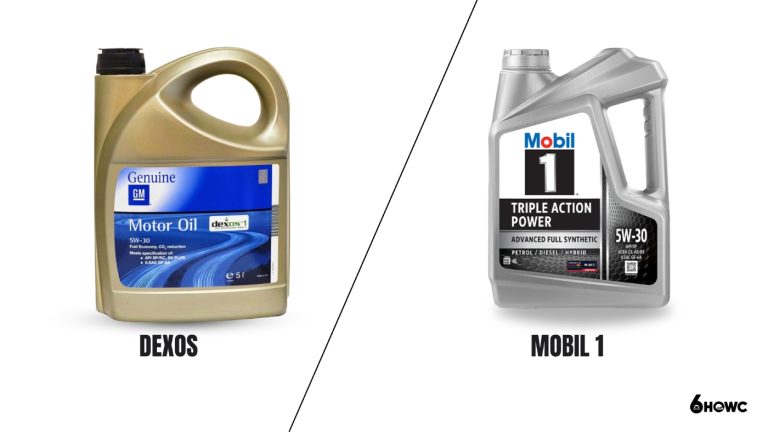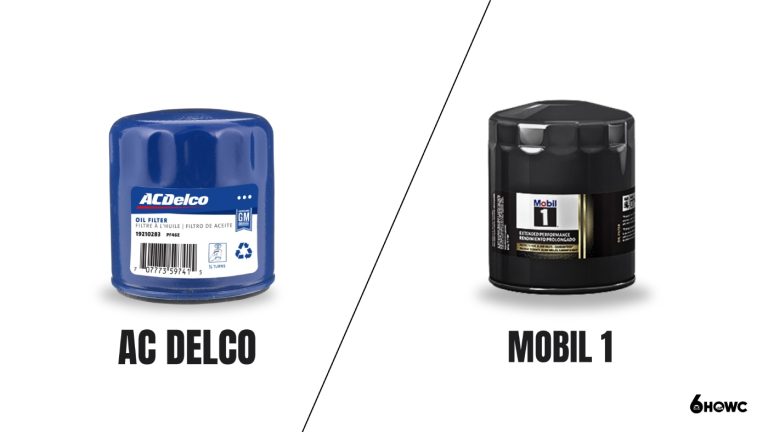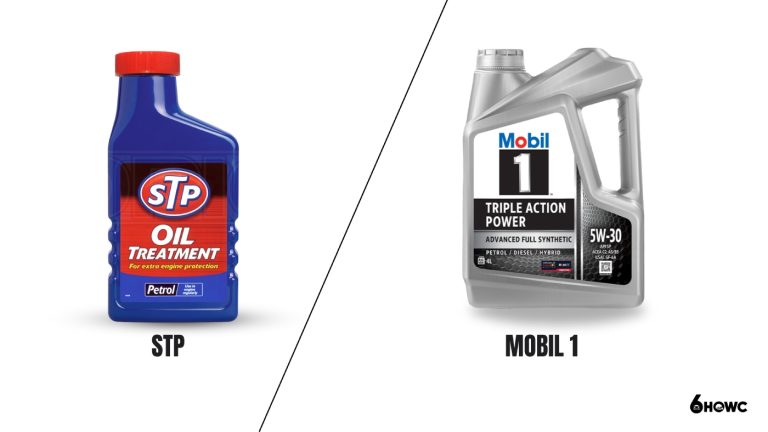When you compare Delphi and Moog, you’re looking at two brands with distinct reputations in the suspension parts market. Moog is recognized for its premium quality and durability, though recent offshore manufacturing raises some quality concerns. Delphi offers a more budget-friendly option, but its reliability has been questioned due to ownership changes. Both brands face challenges related to overseas sourcing, impacting perceived quality. Ultimately, your choice depends on balancing reliability and cost. If you keep exploring, you’ll discover more nuances that could influence your decision on which brand fits your needs best.
Key Takeaways
- Moog is recognized for its premium quality and durability, often exceeding 100,000 miles, though recent offshore manufacturing has raised quality concerns.
- Delphi offers a budget-friendly alternative, with parts typically priced between $50 and $80, but has faced consumer trust issues due to ownership changes.
- Both brands have increased reliance on overseas manufacturing, impacting perceived quality and raising reliability concerns among users.
- Moog is favored for reliability and longevity, while Delphi appeals to cost-conscious buyers seeking satisfactory performance at lower prices.
- Alternative brands like ProForged and Mevotech are gaining popularity for their reliable suspension components, providing consumers with more options.
Brand Reputation and Quality
When it comes to brand reputation and quality, Moog and Delphi each have distinct legacies that influence consumer choices. Moog has long been seen as a premium aftermarket brand, especially known for its control arm bushings.
However, recent rebranding efforts and shifts to offshore manufacturing have raised valid concerns about the quality of their parts. Users report mixed experiences, praising the longevity of older components while expressing dissatisfaction with newer items, citing problems like incorrect sizes and fitment issues.
As users increasingly prioritize reliability and performance over brand loyalty, both brands must navigate a landscape where brand quality perceptions are shifting.
On the other hand, Delphi is a solid choice for aftermarket parts but has faced its own challenges. Ownership changes and sourcing from countries like Mexico and China have impacted consumer trust and quality perception.
While Delphi parts are often manufactured in Turkey and adhere to OE standards, some users question the consistency of quality compared to their previous reputation.
Both brands have seen a decline in consumer confidence, leading many to explore alternatives like ProForged and Mevotech.
As you weigh your options, it’s crucial to reflect on these factors, as the reliability of brand parts can notably affect your vehicle’s performance.
Manufacturing and Sourcing Challenges
Manufacturing and sourcing challenges have become significant factors influencing the quality perception of aftermarket parts from both Moog and Delphi.
With Delphi facing ownership changes, its parts are now produced in various countries, including Mexico, Poland, and China. This shift has raised reliability concerns among consumers.
On the other hand, Moog’s recent rebranding and outsourcing have led to skepticism regarding Moog quality, as users report missing components and inconsistent performance compared to earlier, domestically produced items.
Key challenges include:
- Increased reliance on overseas manufacturing: Cost-cutting measures have pushed both brands to cheaper production locations.
- Declining consumer trust: Quality control issues have tarnished Moog’s once-stellar reputation.
- Preference for higher manufacturing standards: Consumers increasingly favor parts sourced from Japan or Korea when USA-made options are unavailable.
As you navigate the aftermarket parts landscape, it’s essential to verify the origin of Moog and Delphi parts.
The ongoing sourcing challenges complicate consumer perceptions, making it important to stay informed about where each part is manufactured to guarantee you’re choosing quality components that meet your needs.
Performance and Reliability Insights
Performance and reliability are critical factors to assess when choosing between Moog and Delphi aftermarket parts. Moog has a long-standing reputation for durability, especially in suspension parts like ball joints, often exceeding 100,000 miles without significant wear. This performance has made Moog a favorite among professionals and automotive enthusiasts who value components built to or surpassing OEM standards.
However, recent feedback suggests that both brands are facing quality issues. Moog has encountered problems with incorrect sizes and fitment, undermining its reliability. Conversely, Delphi parts, particularly those sourced internationally, have raised concerns about overall reliability.
While some users appreciate Delphi for its decent performance, many still lean towards Moog, primarily due to its established reputation in high-stress applications.
Community discussions highlight the importance of thorough research into product origins and quality assurance. Users express skepticism about both brands, reflecting ongoing manufacturing challenges affecting performance and reliability.
Ultimately, while Moog tends to dominate in reliability and performance, it’s crucial to take into account recent experiences and user feedback when making your choice in suspension parts.
Cost Factors in Suspension Parts
When evaluating suspension parts, you’ll notice distinct price differences between Delphi and Moog, each catering to different market segments.
While Delphi offers competitive pricing that appeals to budget-conscious consumers, Moog’s premium cost reflects its reputation for exceptional quality and longevity.
Significantly, Moog features a broader range of product lines, including the premium Problem Solver series, which is known for good performance with regular maintenance.
Understanding this price-to-value relationship is essential for making informed decisions that balance your immediate budget with long-term performance and reliability, especially considering the long-term savings from quality parts.
Price Comparison Analysis
Choosing the right suspension parts can feel overwhelming, especially when you’re weighing options like Delphi and Moog. Understanding the price difference can help you make a more informed choice, especially given the significance of warranty and reliability in your decision-making process.
- Moog Parts: Typically priced over $100, known for their premium quality and reliability, appealing to enthusiasts.
- Delphi Parts: More budget-friendly, usually ranging from $50 to $80, aligning with OEM standards for cost-conscious consumers.
- Installation Costs: Labor can exceed parts prices, making the choice of high-quality components vital to avoid future repair expenses.
Moog’s higher price reflects their commitment to engineering that exceeds OEM specifications, making it a long-term investment for those who prioritize durability.
On the other hand, Delphi parts provide a cost-effective solution for everyday driving needs.
As consumer preferences shift toward brands like ProForged and Mevotech, it’s important to take into account your vehicle’s requirements and your budget.
Ultimately, whether you choose Moog or Delphi, verify that the control and performance of your chassis parts meet your driving expectations while aligning with your financial goals.
Value vs. Quality
In the domain of suspension parts, the debate between value and quality greatly influences purchasing decisions. When you’re considering upper control arms, it’s important to weigh the benefits of each brand carefully.
Moog has long been viewed as a premium choice, boasting a reputation for quality and reliability. However, recent shifts in their manufacturing processes have led to mixed reviews regarding value for money. The Moog RK Series, for instance, has been noted for its affordability but may suffer from premature wear, raising concerns about its long-term reliability compared to the CK Series, which is praised for its superior durability and performance.
On the other hand, Delphi offers a more budget-friendly option, positioning itself as a solid mid-range alternative.
While Moog parts typically come at a higher price point, they promise durability, yet users sometimes report inconsistencies in performance and longevity. This raises important questions about whether the investment truly pays off.
Delphi, while not as renowned, provides a cost-effective solution, appealing to those who prioritize budget constraints over premium features.
Both brands face scrutiny regarding overseas manufacturing, which impacts perceived quality. Ultimately, choosing between Moog and Delphi revolves around your priorities—whether you’re willing to invest more for potential reliability or prefer a more economical option with satisfactory performance.
Balancing these factors will guide you to the best suspension parts line for your needs.
Installation Tips and Best Practices
Installing Delphi or Moog suspension components involves several key practices to guarantee peak performance and longevity. To ascertain a successful installation, keep these installation tips in mind:
- Remove Old Parts: Always eliminate old bushings and mounting hardware. Replacing them with new parts helps avoid compatibility issues and guarantees superior performance, especially given that brands like Moog are known for their durability and fitment precision compared to budget alternatives like Detroit Axle.
- Use Quality Grease: Apply high-quality grease, like Neo Z-12, on control arm bushings and joints during installation. This reduces friction and enhances the longevity of your components, further aligning with the insights on Moog’s commitment to quality.
- Follow Torque Specifications: Employ proper torque specifications when tightening suspension components. Refer to the manufacturer’s guidelines for each brand to prevent premature wear or component failure.
Additionally, verify that the replacement parts match the original components in size and fitment. Both Delphi and Moog provide product catalogs to help confirm compatibility.
After installation, don’t forget to double-check your vehicle’s alignment; improper alignment can lead to uneven tire wear and diminished handling performance, regardless of which brand you choose.
Following these best practices will guarantee your suspension system operates smoothly and effectively.
Alternative Brands and Recommendations
When considering alternatives to Moog and Delphi, you’ll find several brands that offer impressive quality and performance. ProForged stands out among automotive enthusiasts for its reliable suspension components, while Mevotech balances quality and affordability, though some users have reported durability issues with certain products, particularly regarding long-term performance.
For those looking for dependable replacements, NAPA’s chassis parts and Performance Suspension Technology‘s complete kits are worth exploring.
Comparing Brand Quality
Many car enthusiasts and mechanics find themselves weighing the reliability and performance of aftermarket brands like Moog and Delphi against emerging alternatives.
Historically, Moog has been considered a premium brand, particularly known for its upper ball joints and tie rod ends, often exceeding OEM standards. However, recent criticisms regarding Moog’s quality, especially with overseas-sourced components, have raised concerns about its brand quality.
Delphi, on the other hand, is recognized as a solid option, with parts generally manufactured in Turkey. While they do offer decent performance, they often fall short compared to Moog’s durability.
Users report mixed experiences with both brands:
- Moog’s upper ball joints can last over 100,000 miles, showcasing impressive longevity.
- Delphi’s products, while reliable, may not consistently meet the same performance benchmarks.
- The rise of alternative brands like NAPA chassis parts indicates a shift among consumers seeking dependable quality.
As you weigh your options, consider these factors carefully. Understanding the strengths and weaknesses of each brand can help you make informed decisions for your vehicle’s performance and longevity.
Recommended Alternative Brands
Exploring alternative brands can be a game changer for those seeking reliable suspension components. If you’re looking for an upgrade from Moog or Delphi, consider Pro Forged, which is gaining popularity among automotive enthusiasts for its higher quality and reliability. Many users find that Pro Forged components provide superior performance, making it a strong contender.
Another solid option is Mevotech. It strikes a balance between quality and affordability, appealing to those who want decent performance without breaking the bank. If you’re budget-conscious, Mevotech could be your go-to choice.
NAPA’s NCD line has also gained traction, especially for those wary of declining quality in traditional brands. These chassis parts are increasingly recommended for their reliability, ensuring you won’t compromise on safety and performance.
Lastly, if you’re considering a thorough upgrade, Performance Suspension Technology offers complete kits that enhance your vehicle’s overall performance.
For a cost-effective improvement in handling, look into Hellwig sway bars. They’re favored among enthusiasts and can greatly boost your suspension performance without a hefty investment. Each of these brands provides reliable alternatives to keep your vehicle performing at its best.
Frequently Asked Questions
Are Delphi Parts Any Good?
You might think Delphi parts are the gold standard in automotive components, but it’s a bit more complicated.
While they generally meet Original Equipment standards and can be reliable, recent shifts in manufacturing overseas raise questions about consistency.
Users often find that while Delphi parts work fine for everyday needs, they don’t always match the performance or longevity offered by premium brands.
Are Delphi Ball Joints Good Quality?
When considering if Delphi ball joints are good quality, you should weigh both user experiences and manufacturing practices.
While some users praise their durability and alignment with Original Equipment standards, others report issues like fitment and longevity.
With many components now sourced from overseas, particularly Turkey, consistency in quality can be a concern.
It’s crucial to assess your specific needs and research feedback to make an informed decision before purchasing.
Is Delphi or Mevotech Better?
When deciding whether Delphi or Mevotech is better, consider your specific needs.
Delphi components are known for their reliability and adherence to OE standards, making them ideal for those prioritizing performance and longevity.
On the other hand, Mevotech offers a budget-friendly alternative, suitable for everyday driving.
If you value quality and consistency, Delphi might be your best choice.
However, if affordability is key, Mevotech could meet your expectations without breaking the bank.
Are Delphi Parts the Same as AC Delco?
Delphi parts aren’t the same as AC Delco parts. While both offer automotive components, Delphi serves a broader range of manufacturers, whereas AC Delco primarily focuses on General Motors vehicles.
This distinction often leads to differences in quality and performance. You might find that Delphi parts cater to various applications, but AC Delco parts are typically designed to meet GM’s OEM standards, ensuring better compatibility and reliability for GM vehicles.
Your Decision, Your Drive: Choosing Between Delphi and Moog
In choosing between Delphi and Moog, it’s crucial to reflect on your specific needs and budget. Curiously, research shows that Moog’s parts tend to have a 20% longer lifespan on average compared to Delphi’s, making them a popular choice for durability. Ultimately, both brands offer quality products, but understanding their differences in performance, cost, and reliability can help you make a more informed decision. Don’t forget to follow best practices during installation for ideal results.




